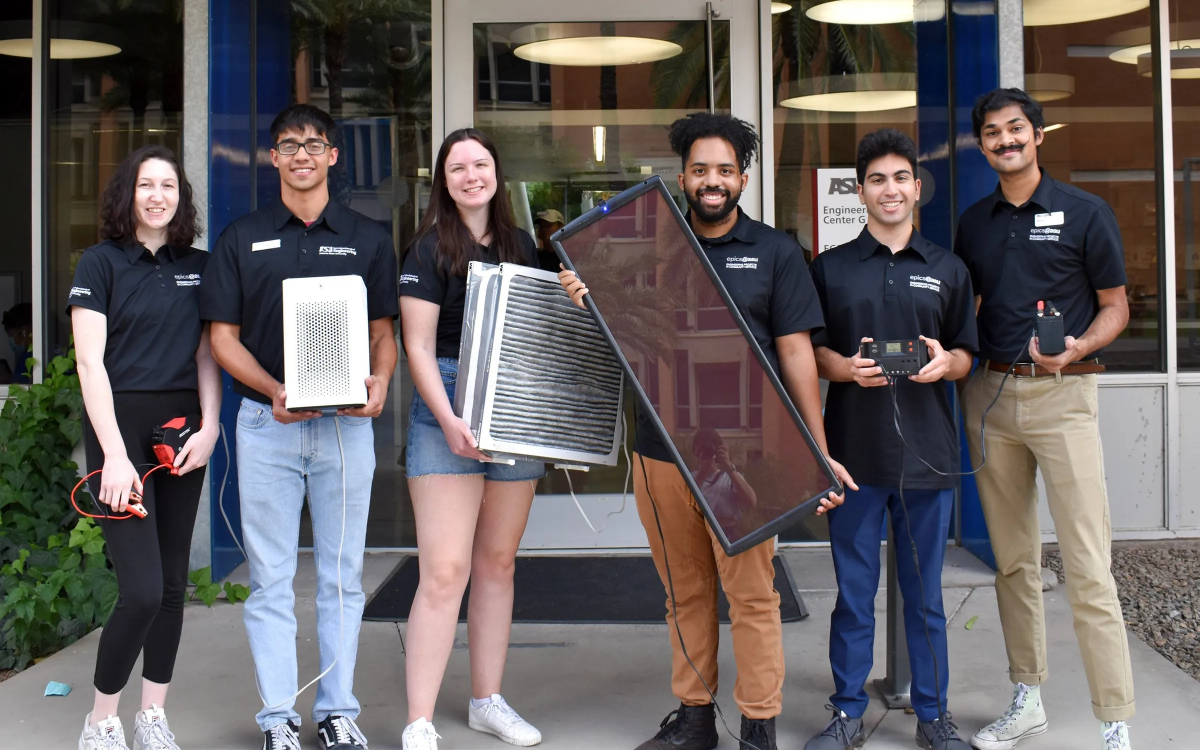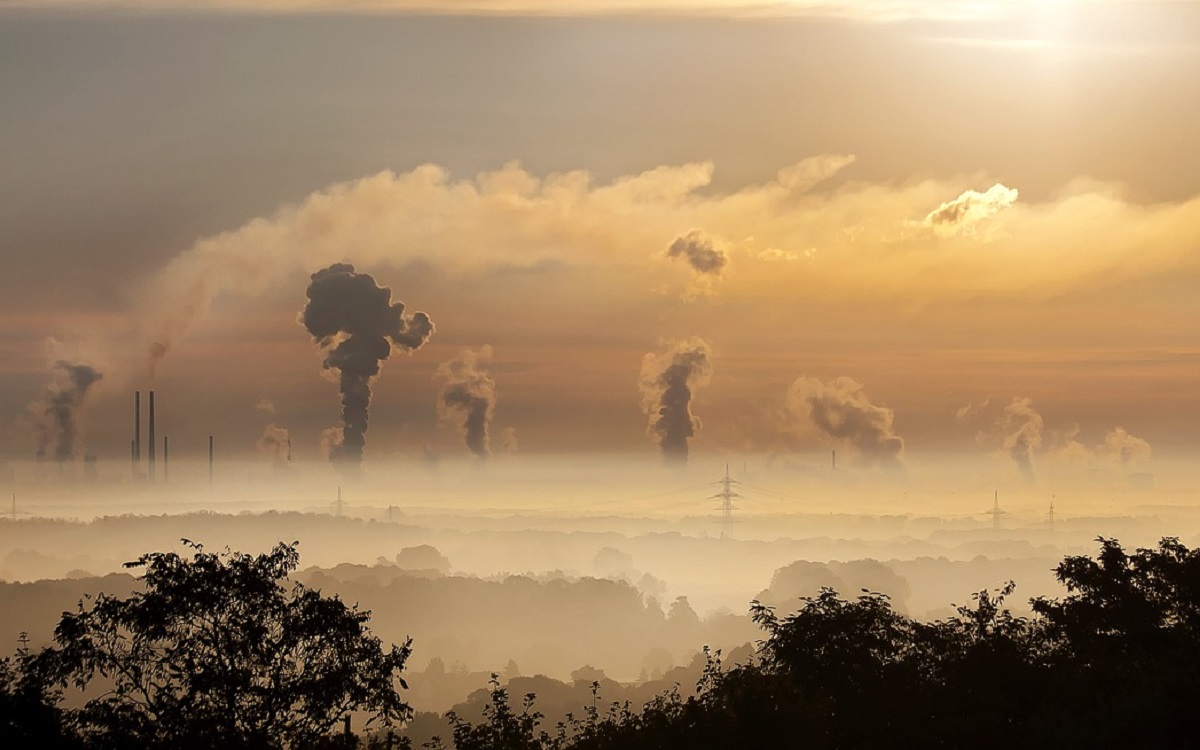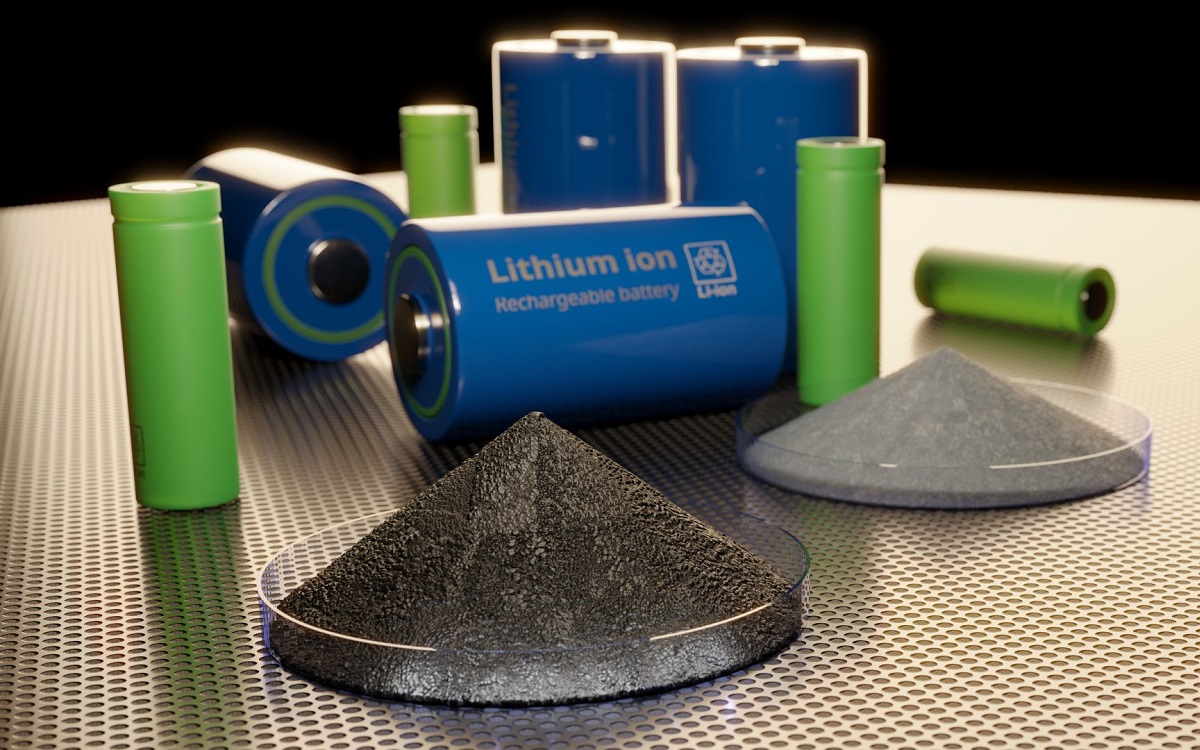05.10.2023 Ι A team of students from the Fulton Schools of Engineering at Arizona State University is helping to improve the air quality for nomadic communities in Mongolia.
A drought in Mongolia has led to food shortages, prompting the nomads to migrate to the Ger district in the capital of Ulaanbaatar, one of the world’s most polluted cities. During the past few years, children living in the polluted district have lung functions that are 40 percent lower than those living in rural areas, according to UNICEF.
The Project Koyash team at ASU designed a solar-powered air filtration system that autonomously cleans polluted air in less than an hour. That system is being used in the mobile homes of those living in nomadic communities.
The team worked with the nonprofit Taiwan Fund for Children and Families (TFCF). The project was done through the Fulton Engineering Projects in Community Service in IEEE group. EPICS in IEEE provided a US $10,000 grant in July 2022 to deploy the systems. The EPICS program, administered by IEEE Educational Activities, is made possible through generous donations via a partnership with the IEEE Foundation.
A solar-powered air filtration system
Project Koyash was named after the mythical Turkic sun god in order to pay homage to Mongolian culture, says team leader Bryan Yavari, a neuroscience student at ASU’s Barrett honors college, in Tempe, as well as to raise awareness about air pollution in Ulaanbaatar. The students launched the initiative in 2020 after reading an article about the city’s air pollution in the Bulletin of the World Health Organization.
To improve air quality, burning unrefined coal for heat was banned. Project advisor Shamsher “Shami” Warudkar says it was a choice between staying warm and having breathable air.
“In a city already plagued by pollution,” he says, “we at least wanted to provide them with clean air at home.” Warudkar is an associate aeroelasticity engineer at Virgin Galactic, in Los Angeles. An alumnus of the ASU engineering school, he has been involved with the project from the beginning.
In the team’s initial discussions with the Mongolian consulate about air quality and the logistics of the project, it was clear the country was looking for solutions but that “there were not many groups trying to find them,” Yavari says.
They designed its air-filtration system to be solar-powered because Ulaanbaatar gets an average of 290 days of sunlight each year. The system includes a solar panel, a battery, an Arduino microcontroller, an inverter, and a filter. All the components are housed in a 3D-printed weatherproof box to protect the system from harsh weather.
“The system is designed to run autonomously so that the residents don’t have to turn it off and on or move anything,” Yavari says.
When the team tested the system in February 2022, it purified the air and reduced the air-quality index from 325 to 80 within 90 minutes. The higher the AQI, the greater the level of air pollution.
One of the project’s biggest successes, Yavari says, was “having our system work seamlessly with so many different components while accomplishing the daunting task of purifying the air.”
Warudkar credits the system engineering process with helping the team discover the correct path forward.
“I’m proud that we were able to explore and iterate to eventually come to this solution,” he says.
“The engineering process was well worth it after talking to the families and hearing their appreciation that they are able to breathe clean, filtered air for the first time,” Yavari says. “It is the most rewarding experience we have had.”





